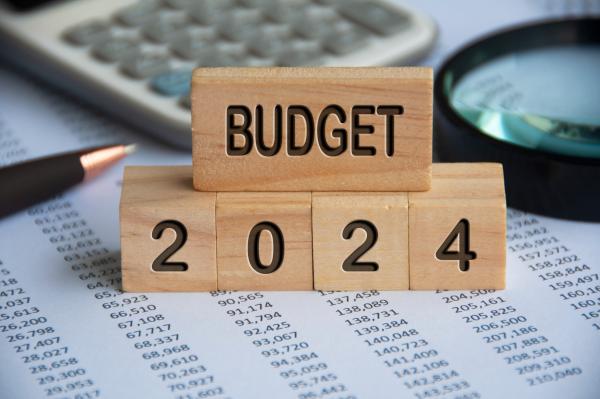
At the Spring Budget 2024 the Chancellor set out a range of tax and spending changes, including a few surprises. Two of these changes are likely to be of particular interest to employees – a further cut to National Insurance Contributions (NICs) and changes to the operation of the High Income Child Benefit Charge (HICBC).
NIC to be cut (again)
From 6 April 2024, the main rate of employee NICs will be cut from 10% to 8%. This will be the second cut in quick succession, following the reduction from 12% to 10% announced at last year’s Autumn Statement which took effect in January.
The Government estimate that the combination of these two cuts will save the average worker on a salary of £35,400 over £900 a year. However, at least some of this benefit will be eroded by the fact that the personal allowance and income tax thresholds remain frozen, meaning more people are brought into paying tax and at higher rates.
It’s also important to note that these cuts will only apply to the NICs paid by employees – employers’ Class 1 NICs will continue to be charged at 13.8%. There is also no cut to the higher employee rate, which remains at 2% for those earning over £50,270.
HICBC reform
In the run up to the Budget, the Chancellor had been under pressure to reform or indeed scrap the unpopular HICBC.
The HICBC was first introduced in January 2013 as a way of clawing back child benefit from families who have a higher rate taxpayer. At the time, the threshold was set at £50,000 – comfortably above the higher rate threshold of £42,475. However, despite increasing inflation and the lifting of the higher rate income tax threshold, the HICBC threshold remained stubbornly at £50,000. As a result, increasing numbers of taxpayers were drawn into it, including some who were basic rate taxpayers.
The design of the HICBC has also been criticised, as having just one parent earning over £50,000 was enough for it to kick in. As a result, a family where both parents earn £49,000 would escape the HICBC, but a family with only one parent working who earns £51,000 would be caught.
At the Spring Budget, the Chancellor announced two reforms of HICBC to address these concerns:
-
The threshold at which it starts to apply will be raised to £60,000 from April 2024, with full clawback of child benefit only occurring for those earning £80,000 or more. This means the rate at which benefit is clawed back for those affected by HICBC will be halved after 6 April compared with the current position.
-
A consultation will be launched looking at the possibility of basing HICBC on household income, rather than individual income from April 2026.
The first of these changes is very welcome, and is something that many stakeholders, including the ATT, have asked for in the past. More information for parents who haven’t claimed child benefit in the past but might like to do so now the threshold has increased is available on GOV.UK.
However, it remains to be seen how the proposed move to looking at household income will work in practice. Taxation is applied on an individual basis, and HMRC are simply not equipped at present to collect information at a household level. Complications and complexity will also arise from any such change – in particular how do we define a ‘household’? We’ll have to wait for more details to see exactly what this could all mean for parents.
This article reflects the position at the date of publication shown above. If you are reading this at a later date you are advised to check that that position has not changed in the time since.
We regularly publish articles on a range of tax and wider topical issues which affect employers. If you wish to subscribe to our monthly Employer Focus e-newsletter, please contact us.















